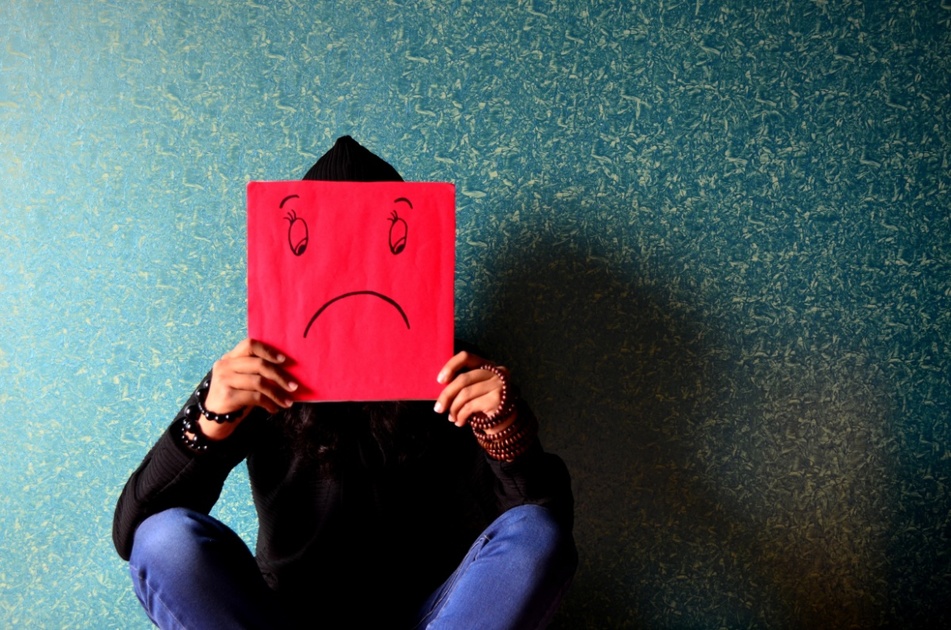
Dear Therapist:
I am a 19-year-old boy who went to an out of town yeshiva this year. My yeshiva provides a dormitory, but they don't provide Shabbos seudas. Every Shabbos I have to find meals and many times I end up by people whom I don't know and never met before.
There is one issue with this. When I introduce myself to new people I turn red in the face. This is something that I feel I can't control as much as I prep myself before. This is extremely embarrassing. Can you please explain why this happens and how I can deal with it?
Response:
I well understand your concern. It’s humiliating to be overtly embarrassed. It’s one thing to feel a little uncomfortable; it’s quite another to feel that everyone knows how uncomfortable you are.
Obviously, the reason that you’re turning red in the face is that you’re embarrassed. It’s also likely, however, that part (perhaps a large part) of the reason for your embarrassment is your knowledge that your face will likely turn red. This becomes a vicious cycle, the blushing causing embarrassment and vice-versa. There are probably other aspects to the cycle, like thoughts about what others think of you.
When trying to break any cycle, the idea is to work on one or more aspects. The first step is to identify all parts and to understand how they affect one another. Once this is clear, it becomes easier to deal with each one separately.
The physiological reason that people blush is related to the release of adrenaline (similar to the physical reaction to anxiety). The particular reason that our veins cooperate in this way to show others that we are embarrassed appears to be unknown, and blushing is something of a mystery. It has been theorized that blushing has evolved as a social convention to stop us from doing things that are unacceptable. In your case, your reaction is not in sync with the circumstances. It could be compared to someone who is much more anxious about a test than that situation warrants.
Clearly, embarrassment relates to how we think others will perceive us. If I don’t care about others’ perceptions of me (or if no one is around), I don’t get embarrassed. If, however, I feel that others are judging me, I feel badly about myself. We call this embarrassment. You can ask yourself what it is that you feel others are thinking at the time that you feel embarrassed. When you first meet the person, are you afraid that they will think negatively of you? If so, why do you feel this way, and does this contribute to your tendency to blush? Once you do feel yourself blushing, does that give you a further sense that you will be negatively judged?
If you feel judged, it is important to consciously acknowledge this. Until you do, it’s very difficult to challenge it. Once you recognize that you feel that others are judging you, you can begin questioning this sentiment. Are other people really that interested in identifying my faults? Are they anywhere as judgmental toward me as I am toward myself? Or are they as judgmental toward me as I am about them?
Imagine that you were the host, and a guest was clearly uncomfortable, embarrassed, and blushing. In what way would you judge him? Would you be as hard on him as you imagine others are on you? How much time would you spend thinking about him? As much as you imagine others spend thinking about you? In what ways are your thoughts and feelings about him different from those that you imagine others have toward you? For example, might you simply assume that he was simply a fine, sensitive person? Might this actually endear him to you?
If you are able to begin viewing your blushing and feelings of embarrassment differently, they will become less important and less hurtful. This, in turn, will lead to decreased embarrassment, and therefore less blushing.
Yehuda Lieberman, LCSW
psychotherapist in private practice
Brooklyn, NY | Far Rockaway, NY
author of Self-Esteem: A Primer
www.ylcsw.com / 718-258-5317

 Previous
Previous
